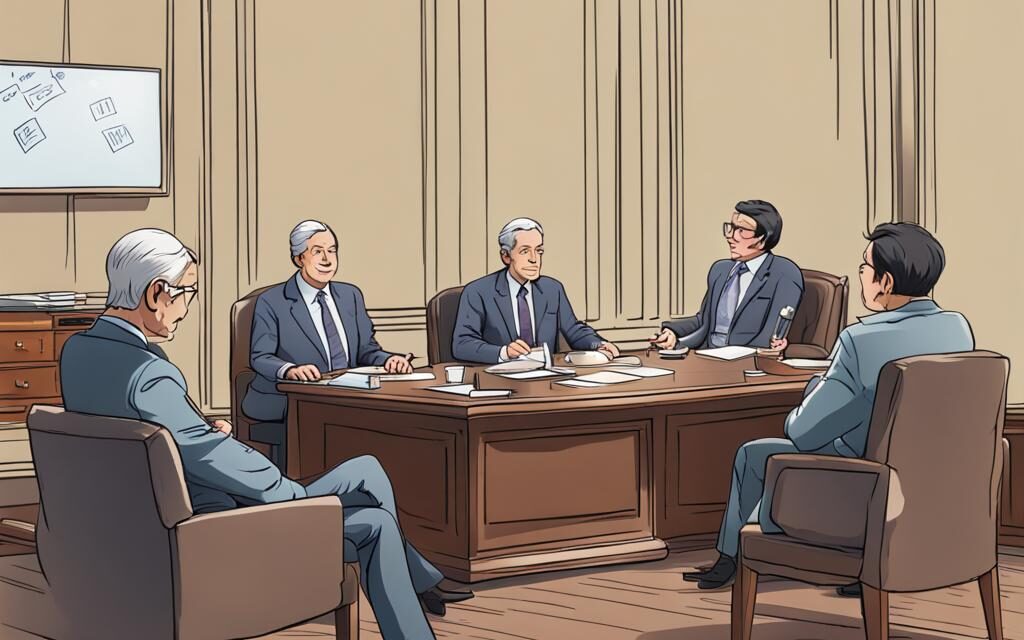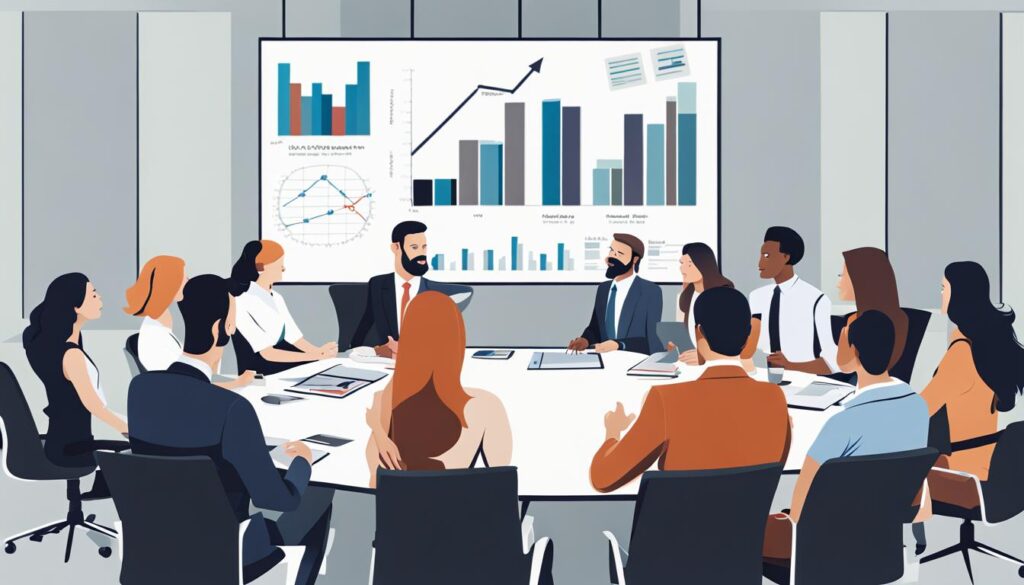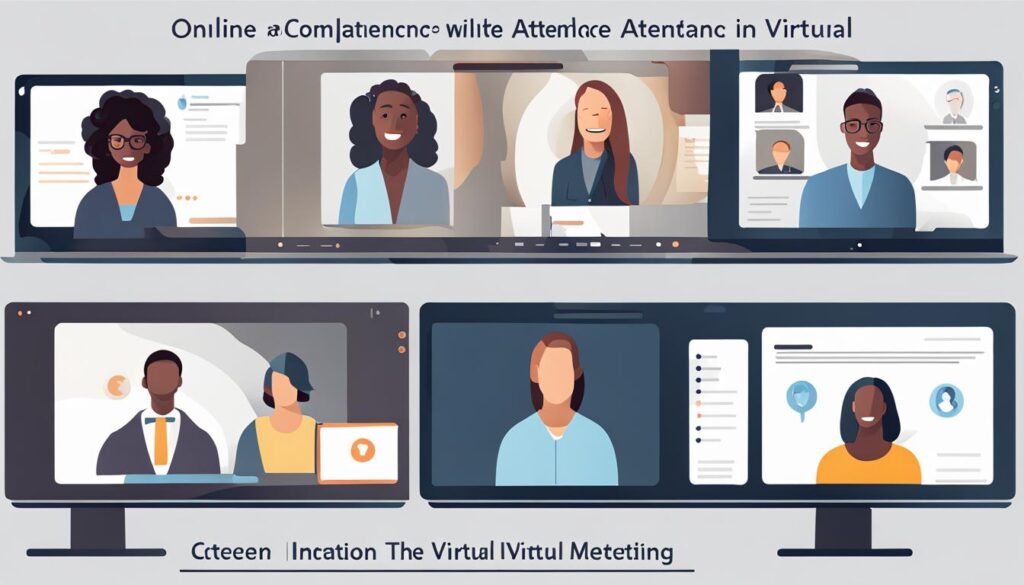
Introduction:
The meeting is a vital technique in effective communication and can be utilised in management endeavours for any field. It may be defined as a gathering of individuals to conduct a discussion for a purpose. In organisations, meeting is a common practice to share ideas, discuss issues and make decisions. We have all once been invited or attended meetings that were not productive or perceived as a waste of our time, because meetings often are not prepared, managed and followed properly. In this article, I will discuss factors we should consider for better meetings.
Factors to consider for an effective meeting:
- Meeting Planning.
Planning is the starting point for a successful meeting. You shall start your meeting preparation by setting its goals and objectives, we usually write that in meetings invitation as a meeting agenda. Setting a clear goal is critical to measure its effectiveness because it will be the reference for you to decide the extent to which you have achieved your announced agenda. It is important for you as a manager to avoid meetings if possible, and conduct them when it is needed and add value.
Moreover, decide who should attend the meeting, and invite who can make a difference and concerns with the meeting goal. It is always good to clarify the roles of your meeting attendees. For example, who will chair the meeting, the minutes of the meeting note taker, and any expertise attending. Because the team member should prepare for the meeting topic and they should understand their role in the meeting.
Decide the location of the meeting, some corporations have several meeting rooms so being specific will clear misunderstandings. The meeting room must be comfortable and designed with discussed topics, consider screens, projector drawing boards and sufficient space for the participants. Do not miss the stable internet connection should you have online participants in your meeting.
Now, along with the meeting agenda, send the invitation email to all participants and follow up with them, till you receive confirmation. Remember, your goal is to conduct a productive meeting, you need their input.

II.Effective Meeting Management
Now it is the time to run the meeting effectively. You need to be punctual as a professional manager, who can also reflect on your team, lead by example and represent values you want others to show. Then, distribute the meeting agenda in a hard copy to keep everyone focused on the meeting objectives.
In the event it is the first time to meet the participant, start by introducing yourself, and let everyone do the same, to construct a collaborative relationship. You must also utilize active listening and empathy, to comprehend all questions and comments, and give everyone his turn to engage by giving his opinion.
Managers sometimes come to a meeting with predefined opinions and solutions about an issue and try to discuss the matter accordingly, which will eventually prevent participants from being active and prevent them from providing their genuine opinions. I do not say that manager should not have their understanding of the issue, but they should not impose this opinion to dominate the discussion.
Furthermore, meeting minutes should be recorded and documented as part of meeting management, assigned a competent note taker or scribe to write the important notes and summarise the assigned roles and decisions taken.
III. Meeting Follow-up (After Meeting)
To ensure that the meeting objectives are achieved, you must follow up with participants to check whether they are finishing the tasks assigned to them in the meeting. To do so, the management can utilise several techniques, for instance, distributing the minutes of the meeting right after it is critical, to make certain that all participants are aware of the task they are accountable for.
Managers can also utilise status reports to follow meeting tasks. Although, reports are sometimes time-consuming, yet it is can provide factual information about the status of the task. In addition, some companies use information radiators, which include burn/down up charts, and Kanban boards which can support transparency and self-accountability. Sometimes follow-up meetings will help to support the overall success, making them short and precise.

IV. Virtual Meeting
In the modern world, working virtually has become a reality, mastering tools such as Google Meet, Zoom and Microsoft Teams is a fundamental skill for modern managers, because they are cost-effective, timely and highly productive in conducting a meeting. Hence, make sure that you have a proper internet connection, you can use the main feature in the software you are using for the meeting, and you should consider the time zone your meeting participants belong to, and be flexible about the meeting time. It is always good to keep the camera open during the meeting, for better engagement, also keep decent dressing in the meeting and keep the dress code official.

Take Away:
Be it face-to-face or virtual, meetings should be managed carefully and conducted professionally. As a manager make your meetings goal-oriented, and purpose-driven, and follow up to ensure the tasks are completed accordingly. If you were invited to a meeting, whatever your manager’s meeting abilities are, take it as a collaboration and relationship-building opportunity, come on time, and be positive.


Great forethought!
Very interesting info!Perfect just what I was searching for!Leadership